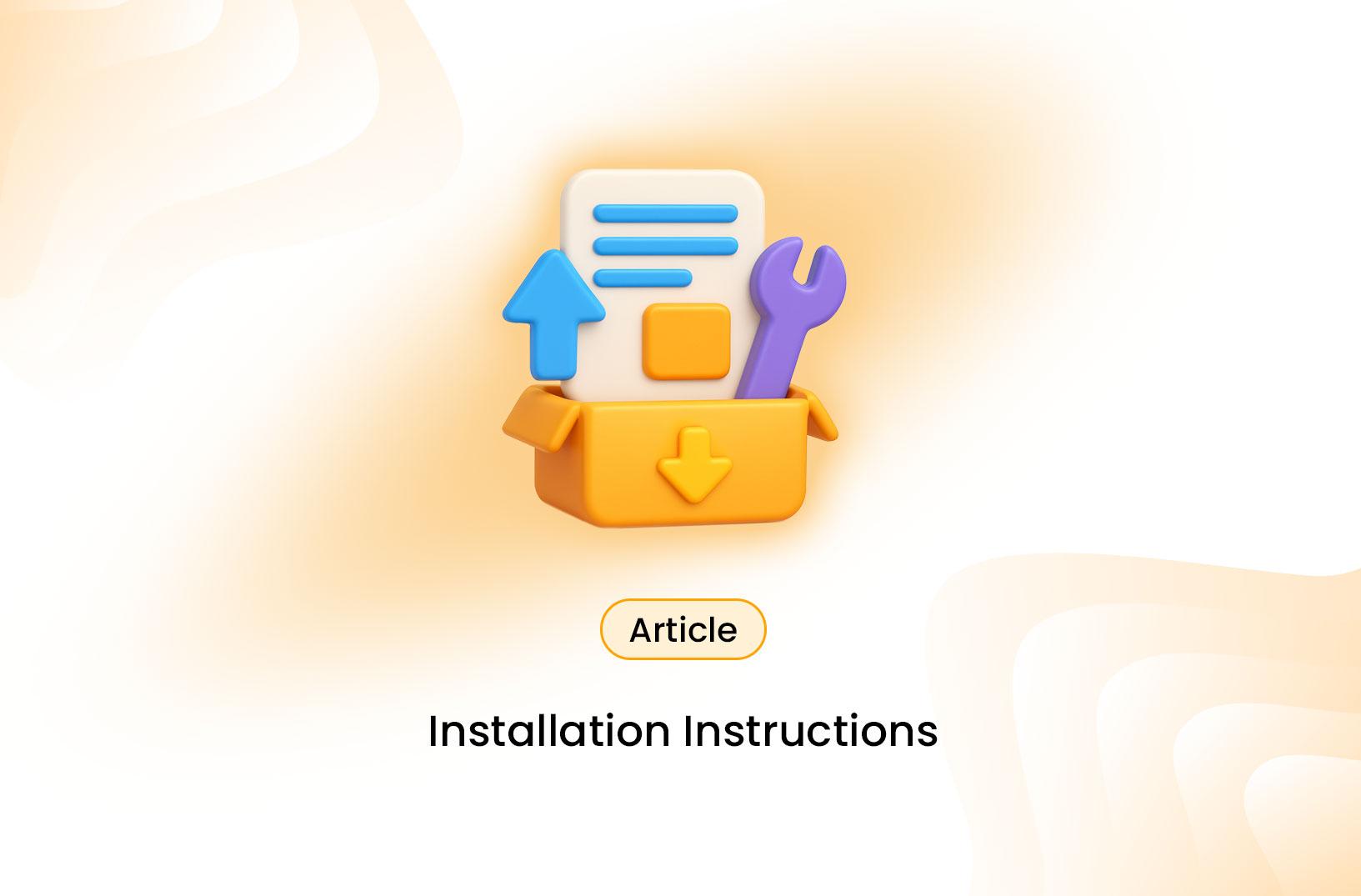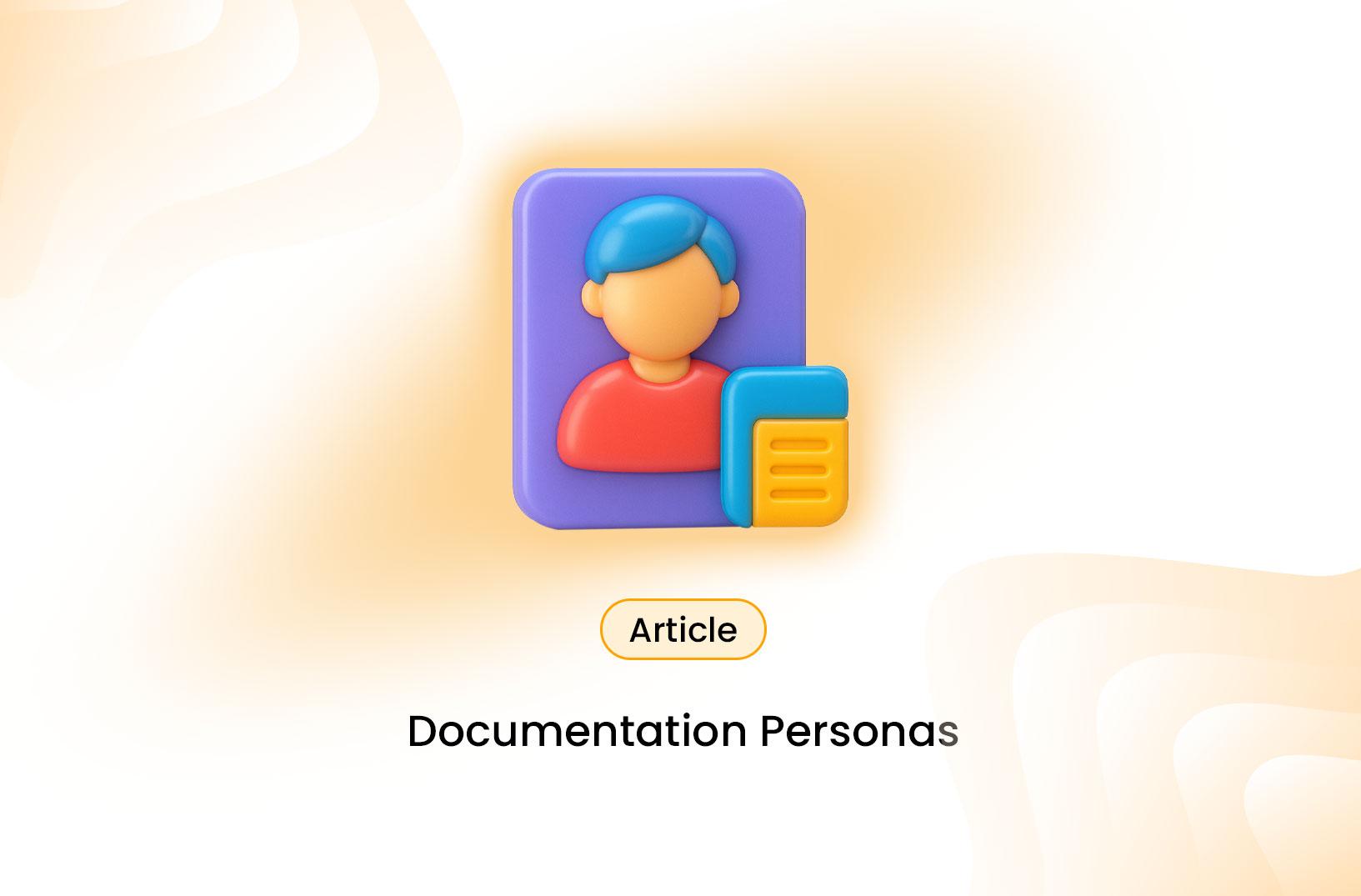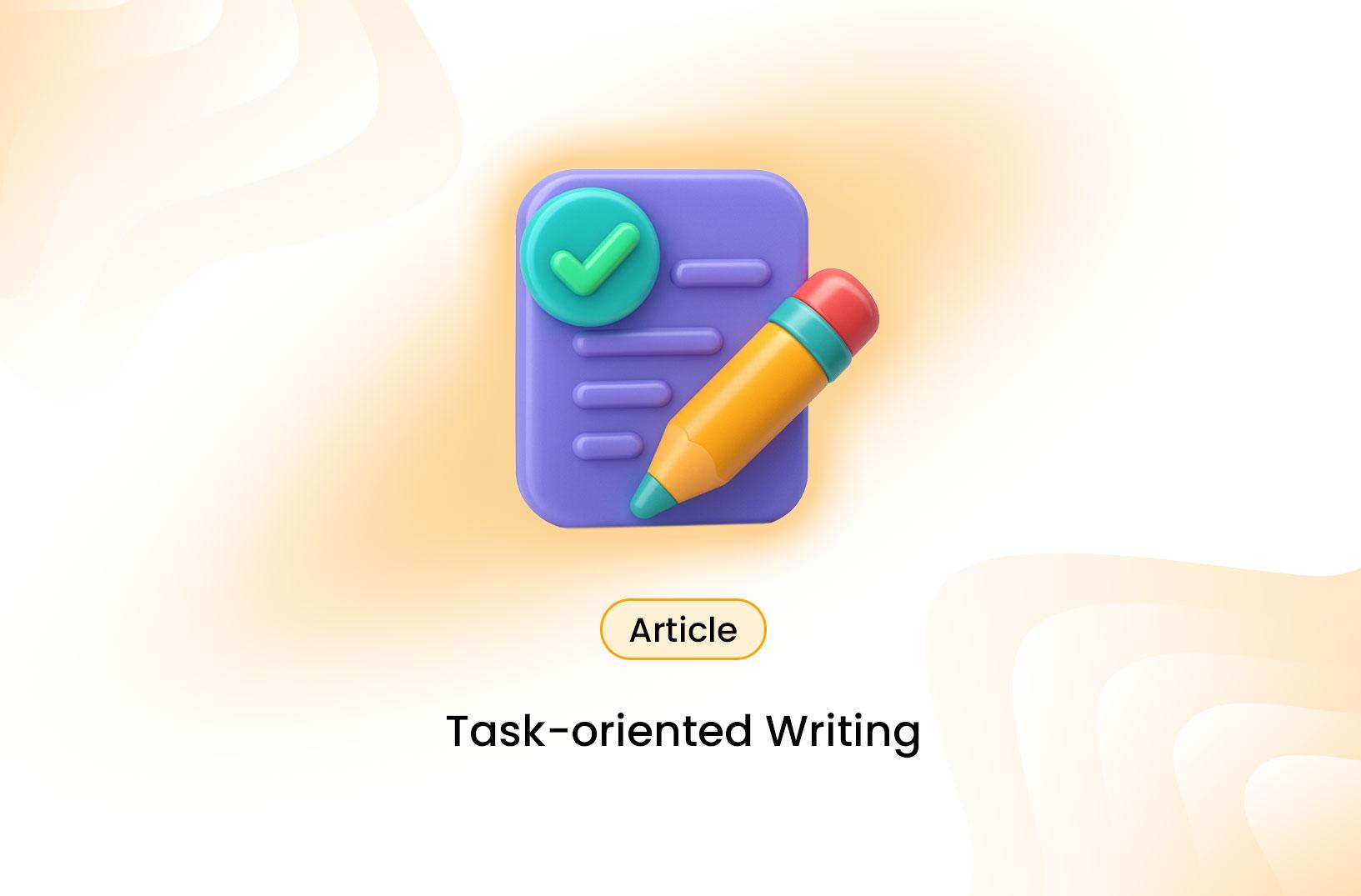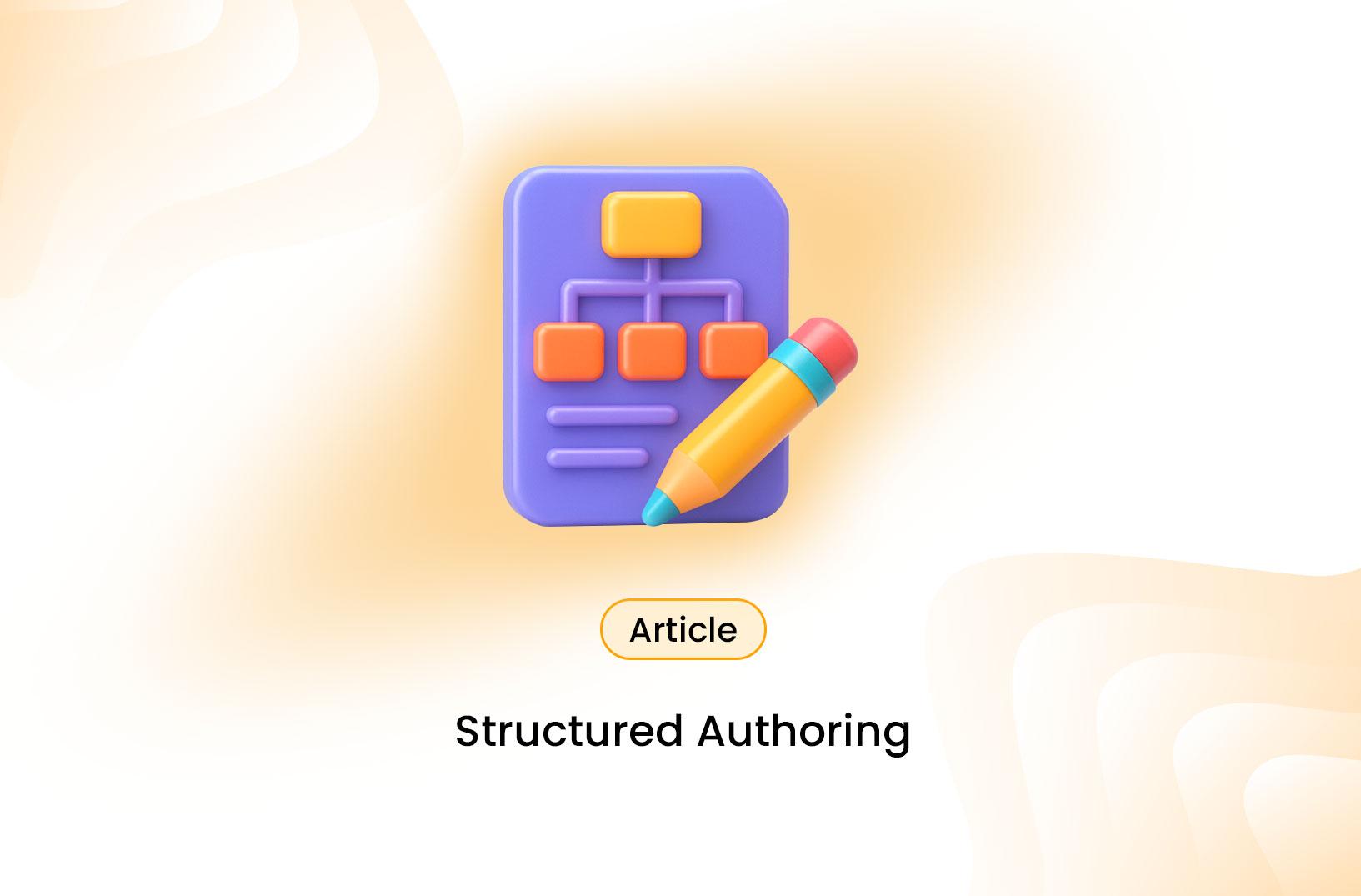Installation instructions represent the critical first interaction between users and your product. These step-by-step guides determine whether users successfully adopt your software or abandon it in frustration during the initial setup process.
Effective installation instructions eliminate barriers to entry, reduce the support burden, and create a positive first impression that influences long-term user satisfaction. They transform potentially complex technical processes into manageable, confidence-building experiences.
Core Components of Professional Installation Instructions
System Requirements Documentation
Clearly specify technical prerequisites before users begin installation:
- Hardware specifications detail the minimum processor, memory, and storage requirements
- Operating system compatibility lists supported versions and editions
- Software dependencies identify required frameworks, libraries, or companion applications
- Network requirements specify bandwidth, port access, or connectivity needs
Pre-Installation Preparation
Guide users through necessary preparatory steps:
- Administrative privileges verification ensures users have the required permissions
- Data backup recommendations protect existing information
- Conflicting software identification prevents installation failures
- Environment configuration prepares systems for optimal performance
Step-by-Step Installation Process
Structure installation procedures using progressive disclosure:
Initial Setup
├── Download & Verification
├── Installation Wizard
└── Basic Configuration
Advanced Configuration
├── Custom Settings
├── Integration Options
└── Performance Optimization
Post-Installation
├── Verification Steps
├── First Launch
└── Next Steps
Installation Instruction Formats and Approaches
Platform-Specific Guides
Different operating systems require tailored approaches:
- Windows installations typically involve executable files, registry modifications, and system service configurations
- macOS installations use package installers, application bundles, or command-line tools with specific permission requirements
- Linux installations leverage package managers, source compilation, or containerized deployment methods
Installation Method Variations
Modern software offers multiple installation pathways:
- Automated installers provide guided experiences with minimal user input
- Manual installations offer granular control for advanced users or custom environments
- Package manager installations integrate with system-level software management tools
- Container-based deployments ensure consistent environments across different systems
Writing Techniques for Clear Installation Instructions
Action-Oriented Language
Use imperative verbs that clearly direct user behavior:
Instead of: "The application can be downloaded from the website."
Write: "Download the application from our official website."
Instead of: "Users should verify the installation was successful."
Write: "Verify installation success by launching the application."
Contextual Information Delivery
Provide relevant details without overwhelming users:
- Expected outcomes describe what users should see after each step
- Alternative paths address different system configurations or user preferences
- Troubleshooting hints anticipate common issues without cluttering the main instructions
- Time estimates set realistic expectations for installation duration
Visual Documentation Standards
Incorporate supporting media strategically, such as screenshots, annotated images, video demonstrations, and flowcharts.
How Pena Helps You with Installation Instructions
At Pena, we specialize in creating installation instructions that eliminate user frustration and drive successful product adoption:
- Complete Installation Documentation: We develop comprehensive setup guides that cover system requirements, step-by-step procedures, and post-installation verification. Our documentation includes platform-specific instructions, troubleshooting resources, and visual aids that guide users through every stage of the installation process.
- User-Tested Setup Guides: We create installation instructions based on real user testing, ensuring that people with different technical backgrounds can successfully install your software. Our guides include clear prerequisites, expected outcomes for each step, and alternative paths for different system configurations.
- Installation Documentation Optimization: Our team reviews your existing installation materials to identify gaps, simplify complex procedures, and improve user success rates. We restructure confusing sections, add missing visual elements, and ensure your installation instructions reduce support tickets while increasing user satisfaction.
Conclusion
Installation instructions serve as the gateway to user success, directly influencing product adoption and long-term satisfaction. Creating effective setup documentation requires understanding user contexts, anticipating challenges, and presenting information in clear, actionable formats.
Focus on user outcomes rather than technical features, test instructions with real users, and maintain documentation as software evolves. Quality installation instructions transform potentially frustrating technical barriers into smooth onboarding experiences that build user confidence and drive product success.




